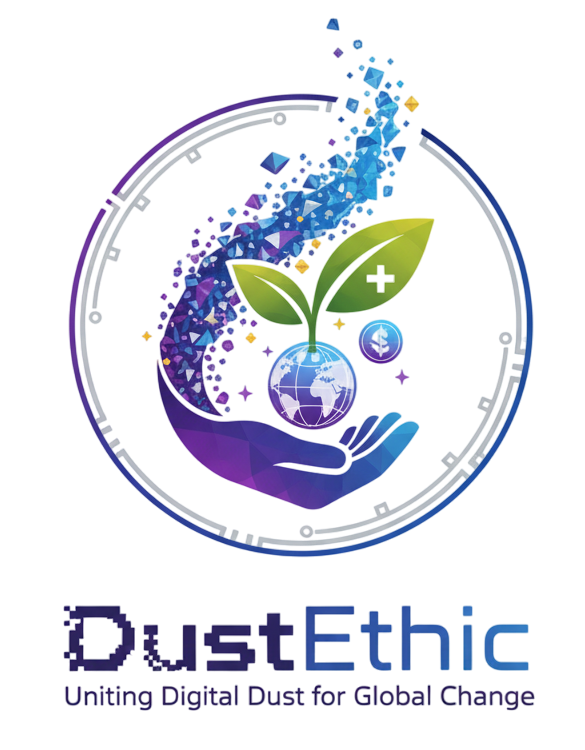DustEthic in one sentence
An open standard to aggregate crypto micro-donations and execute a single grouped payout to the NGO, traceable, with shares kept in crypto units.
Is DustEthic a company?
No. DustEthic is an open standard and open-source project. Each implementing relayer is legally responsible for its own service, compliance and flows.
Who pays gas?
-
Donor: gasless is possible via Account Abstraction (AA, EIP-4337) with a paymaster, or via token permit when supported. Otherwise the donor pays normal network fees.
-
Grouped payout: paid by the relayer from its gas pool. Safety net: minimal on-chain documented conversion if needed.
How much does the NGO receive?
NGO net = Sum of donations − network fees − possible conversion/slippage − relayer commission. Target outcome: 85 to 95 % of total collected. A detailed fee breakdown must be published per payout.
Commissions?
Recommended 5 to 8 %, hard cap 15 %, shown as a percentage of the donated crypto and visible before signing. Relayers must disclose fee structure clearly.
Aggregation window?
Up to 1 to 3 months, set by the relayer and publicly shown with an estimated payout date.
Supported tokens and networks?
L2 first: ETH, USDC, USDT on Optimism, Arbitrum, Base.
L1 optional depending on costs. Polygon PoS is possible if POL gas is handled. Additional networks may be added if the relayer meets the Standard.
Can I cancel a donation?
No once mined. While pending, cancellation may be possible from the wallet but is not guaranteed.
Volatility?
Shares are fixed in crypto units. Fiat value fluctuates until a possible conversion. Stablecoins mitigate, but do not remove, volatility.
Security?
Donor flow is non-custodial. Relayers temporarily hold pooled funds pre-payout and should follow best practices: multi-sig treasury, NGO allowlists, per-NGO fund segregation, audit before mainnet, bug bounty after launch, rate limits and monitoring.
Transparency and proof?
Every donation has an on-chain tx hash. Relayers publish an aggregation receipt linking individual donations to the grouped payout, ideally via a Merkle proof and fee breakdown. At minimum, maintain a public ledger of tx and paid amounts.
Tax receipts?
DustEthic does not issue tax receipts. Only the NGO or a recognized fiscal partner can, subject to local law.
NGO eligibility?
Set by each relayer. The Standard recommends at least legal verification, sanctions/AML screening, proof of wallet control and transparency on fund use.
Minimum amounts?
For efficiency, sub-threshold donations may be batched or delayed until a defined aggregated threshold. Thresholds are set and displayed by the relayer.
Refunds and mis-sent funds?
Refunds are not guaranteed. Contact the relayer immediately. Funds sent to the wrong address are usually lost.
Can I donate fiat?
Not natively. Relayers may offer third-party converters. If so, expect extra fees and potential KYC/banking steps.
Compatible wallets?
Any EVM wallet for standard donations. Gasless requires an EIP-4337 compatible smart account and network support by the relayer’s paymaster.
Data privacy?
No PII is required to donate on-chain. An email may be provided optionally for updates. Relayers must publish a GDPR-compliant policy.
Geo and sanctions?
Restrictions may apply depending on donor, NGO or relayer jurisdictions and sanctions lists. Relayers must block prohibited flows.
Governance and Standard updates?
Proposals via GitHub and community channels. Standard versions ship with release notes and migration windows.
